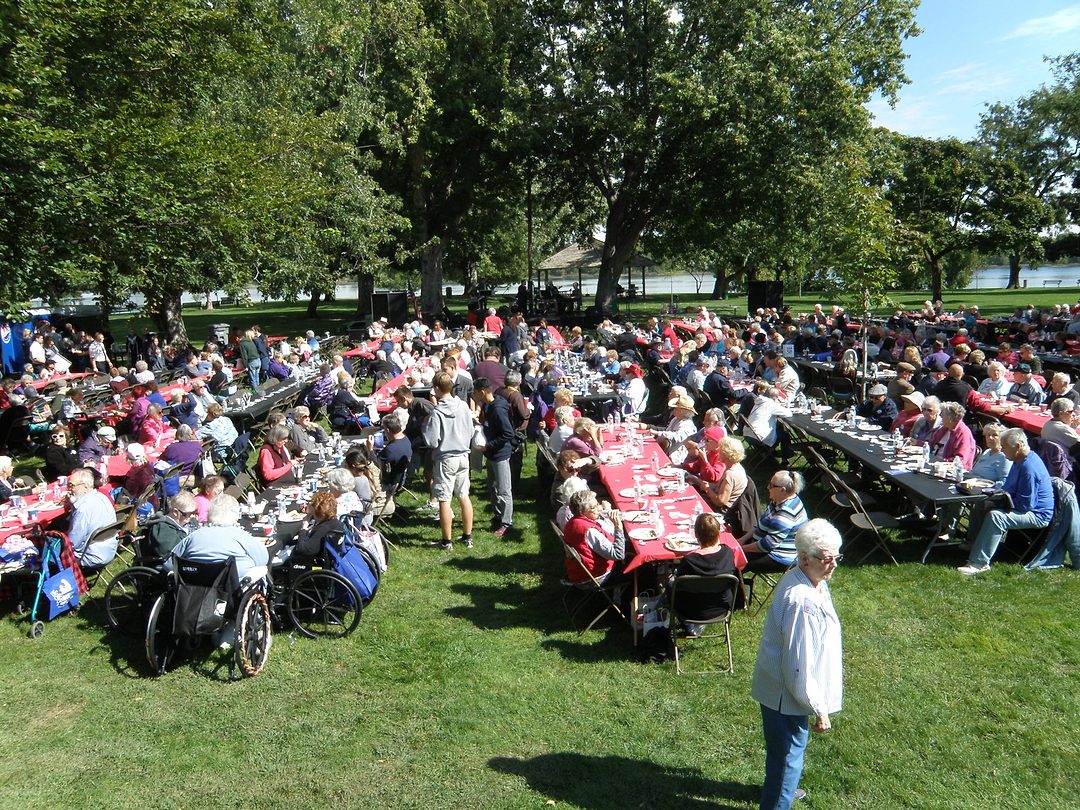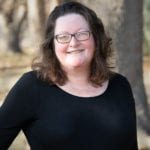
Home » How you can help seniors feel less isolated by coronavirus outbreak
How you can help seniors feel less isolated by coronavirus outbreak

March 17, 2020
The unprecedented effort to slow the spread of coronavirus has altered many aspects of daily life.
As Tri-Citians adapt, organizations serving seniors are racing to support those hit heaviest by the new normal – those age 60 and over, particularly those with underlying conditions such as heart or lung disease.
While details are still sketchy, the effort comes with a call to action for everyone: Pick up the phone. Donate blood. Drop off supplies to help those who are cut off.
Check in with family, friends and colleagues. Call them, then listen attentively.
It remains uncertain why seniors are most vulnerable and by extension, facing the most extreme forms of isolation. But they are.
“It just seems apparent that it affects older people more, especially those with lung or heart disease,” said Dr. Wayne McCormack, professor and division head and William E. Colson endowed chairman in gerontology at the University of Washington School of Medicine.
McCormack said it is “humbling” to contemplate the many questions that remain about coronavirus. It emerged in late 2019 and has spread to more than 100 countries.
Washington, with 2 percent of the U.S. population, has 20 percent of the nation’s confirmed cases, prompting severe measures to slow the spread to give medical professionals a fighting chance to handle rising caseloads. Schools are closed, as are restaurants, fitness centers and countless other gathering spots.
McCormack said the coming months will be difficult, but he offers words of hope.
Most people who are diagnosed with COVID-19, even vulnerable seniors, will experience it as a bad cold. Most will recover.
McCormack said he’s encouraged by the unparalleled cooperation in the global medical community. He’s in constant contact with colleagues around the globe. Researchers from the U.S. to hard-hit Italy and China are freely sharing information and research, he said.
McCormack urges people to take the threat seriously and prescribes the now-common set of countermeasures – frequent hand washing, keeping a six-foot distance, avoiding social interaction and self-isolation, particularly when unwell.
He encourages people to pick up the phone and stay in contact with older family, friends and associates who feel cut off. Take time to listen to what people are saying and what they need to take control of the situation and contribute to the fight.
The next few months will be difficult, but McCormack called himself an optimist.
“I know that’s not as much fun as getting together and having a hug. But this will pass,” he said.
“We’re taking it seriously. There is fear but there is remarkable collaboration and resilience in the American spirit.”
Tri-City efforts to thwart senior isolation
In the interim, Tri-City officials are scrambling to keep social distancing from isolating seniors.
Senior Life Resources Northwest, which operates the Mid-Columbia Meals on Wheels program, has halted in-person dining and will deliver meals to thousands of seniors on a weekly rather than daily basis.
It’s offsetting the lost contact with phone calls, said Grant Baynes, executive director of the Richland-based agency.
“One of our strengths is the social contact when drivers bring the meal. It can be more important than the meal,” he said. “The fear now is isolation for seniors will become more extreme as people step back into their own world.”
Baynes said Meals on Wheels encourages drivers to call their seniors, which is something it has not done in the past.
“We feel like that friendly voice from a known driver will be reassuring and more important than ever,” said Baynes, a career firefighter before joining Meals on Wheels.
Baynes encourages everyone to reach out and maintain meaningful contact with older neighbors to ensure they’re part of the battle against coronavirus. Real connections, not 20-second “check the box” phone calls are key.
“I’d love for seniors to feel part of the solution and communicated as part of the solution,” he said. “It puts people into a more normal frame of mind to help others.”
A plea for help
Senior Life Resources, which runs Meals on Wheels, was forced to cancel a major fundraiser that was expected to generate $50,000.
Grant Baynes, executive director, encourages supporters to give money if they can, whether it is to Meals on Wheels or any cause that they support.
Support meals on Wheels at seniorliferesources.org/donate.
Identifying seniors who need support
David Everett, president of the Richland Senior Association, said the Interagency Planning Group serving seniors is racing to identify seniors in the community who don’t have family nearby to ensure they have the support and supplies they need.
“There are a thousand nonprofits in the Tri-Cities and they’re all trying to figure out something,” he said.
The nonprofit formed to foster activity and connections among seniors with a variety of activities it undertakes with the IPG. Monthly dances and potlucks, meetups, education programs and philanthropic outreach are on offering.
Or rather were. Coronavirus put a halt to all of that. Everett is worried.
“Isolation is deadly,” he said. “Isolation is like smoking 10 packs of cigarettes a day.”
But reaching people can be a challenge. About half the senior association’s 500 members don’t use computers, he said. They’re split between those living in group settings such as nursing homes and those in the community.
It’s the people in the community who don’t have family nearby who need contact and support.
The goal is to identify them and find out what they need, whether it is food, home supplies, toiletries or anything else that seniors may need.
Ideas include identifying four or five spots where supporters can donate needed supplies that could be delivered to seniors.
Windsong Memory Care, a new care facility in Kennewick that has not opened, has agreed to be a drop-off point for donations, said Katie Haynes, who is coordinating the effort. Windsong is at 4000 W. 24th Ave.
Local Winco stores agreed to make donations through local food banks as well.
Logistics are being worked out. Many volunteers are retirees themselves and no one wants to spread coronavirus while on a mission of mercy. The Benton-Franklin Health District is advising volunteers on how to reduce risk. Volunteers are being screened to ensure they’re healthy, Haynes said.
The devil, Everett noted, is in the details.
Desperately seeking blood donations
Through March 16, nearly 2,700 Red Cross blood drives have been canceled across the country due to coronavirus concerns, resulting in some 86,000 fewer blood donations.
Red Cross officials say they understand why people may be hesitant to come out for a blood drive, but want to reassure the public that it has implemented additional precautions to ensure the safety of donors and staff in response to concern, including:
• Checking the temperature of staff and donors before entering a drive to make sure they are healthy.
• Providing hand sanitizer for use before the drive, as well as throughout the donation process.
• Spacing beds, where possible, to follow social distancing practices between blood donors.
• Increasing enhanced disinfecting of surfaces and equipment.
Those feeling healthy and feeling well are encouraged to make an appointment to donate by using the Red Cross blood donor app, visiting RedCrossBlood.org or calling 1-800-RED CROSS (1-800-733-2767).
Local News
KEYWORDS march 2020





